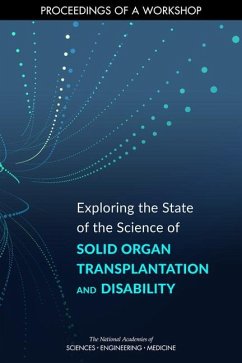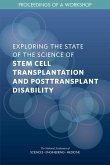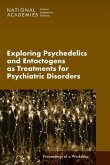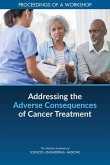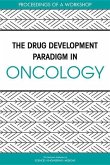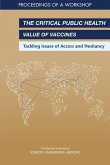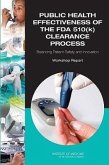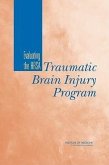"Transplantation of a solid organ, such as a kidney, heart, or liver, is a lifesaving procedure and is sometimes the only viable treatment for patients experiencing end-stage organ failure as a result of illness or injury. A growing prevalence of solid organ diseases in the United States is contributing to more people needing a transplant and longer wait times on the national transplant waiting list. While transplantation can lengthen a person's life, the road to recovery is difficult and complex. Transplant recipients commonly experience considerable impairments related to health factors, medication side effects, organ rejection, or other setbacks that can cause functional limitations. A spectrum of services and supports can be beneficial to patient functioning and quality of life, but patient access is variable due to individual, system, and social factors. To gain an understanding of current scientific findings in the field of solid organ transplantation, the U.S. Social Security Administration asked the National Academies of Sciences, Engineering, and Medicine's Board on Health Care Services to organize a virtual public workshop to examine disability associated with organ transplantation. The workshop, held March 22-23, 2021, focused on kidney, heart, liver, and lung transplantation, and to a lesser extent intestine transplantation. Subject-matter experts presented on clinical aspects of post-transplantation recovery and described the implications for physical, cognitive, and psychosocial functioning in adults and children. This publication summarizes the presentations and panel discussions from the workshop." --

